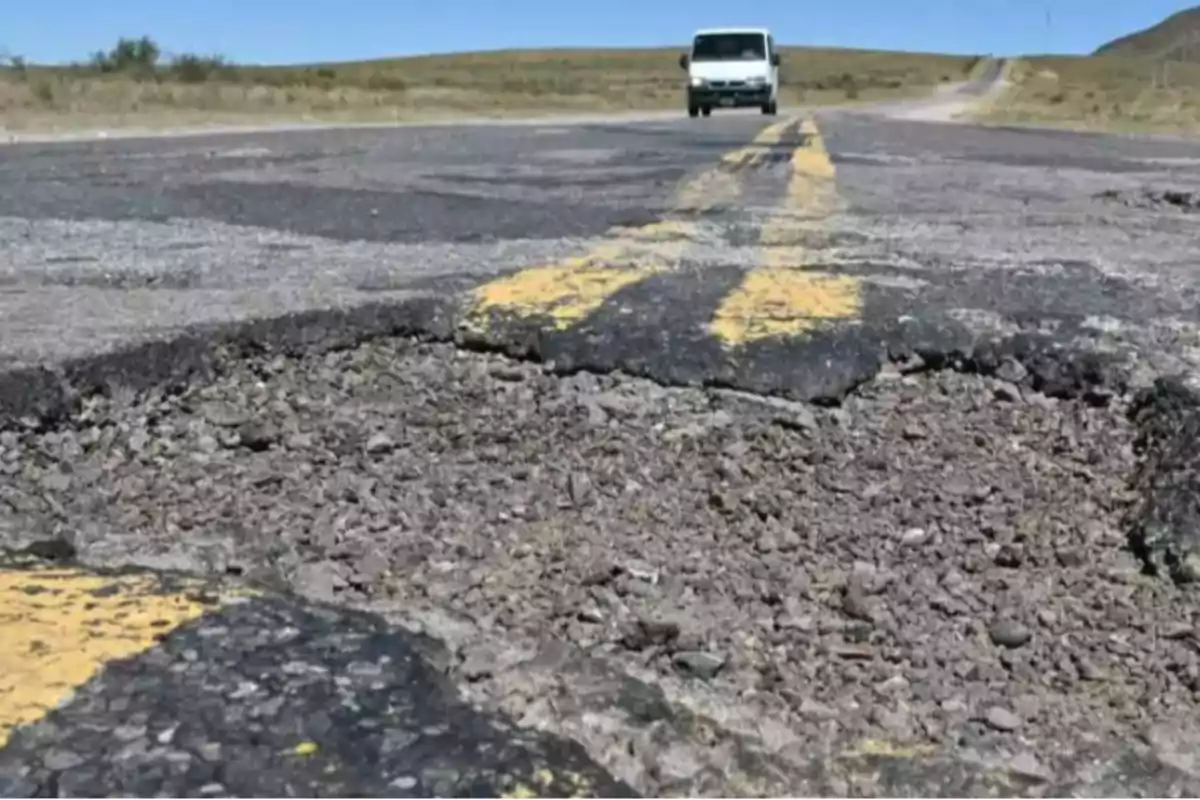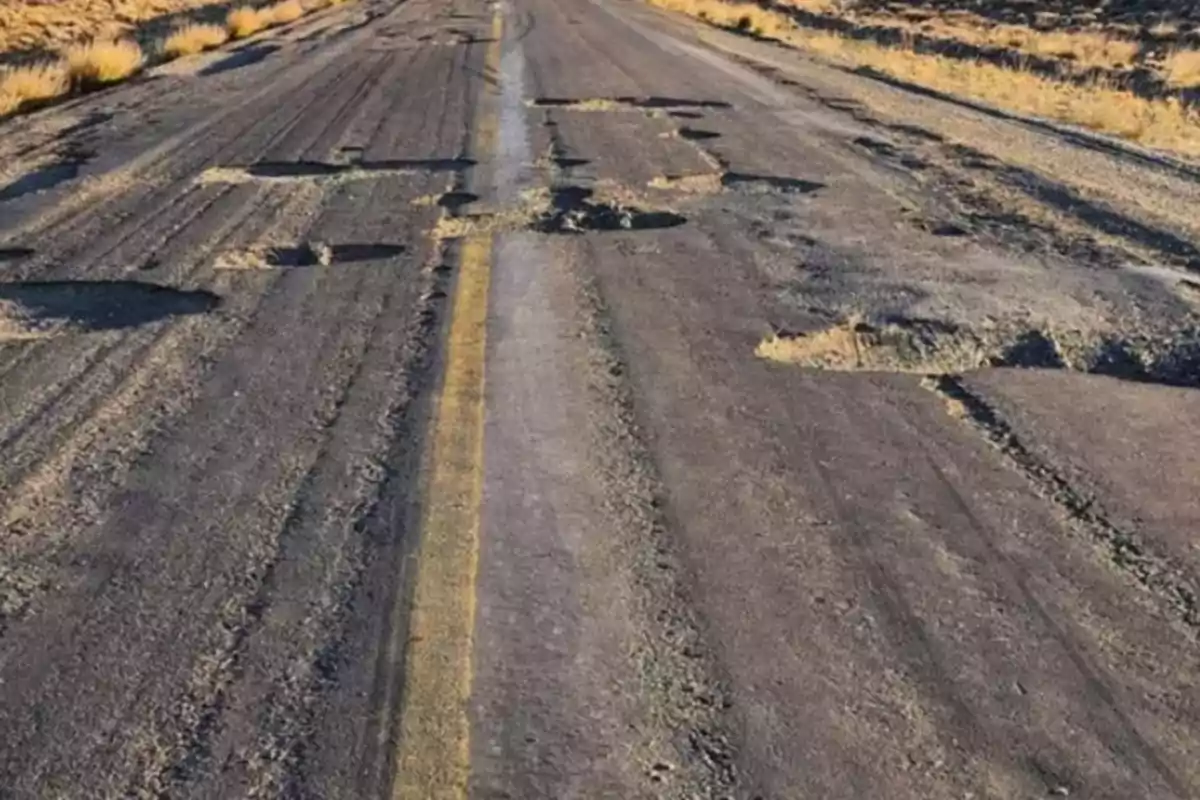
Milei's government announced the closure of National Highway Administration, an icon of K corruption
With this measure, the libertarian administration put an end to a bureaucratic, inefficient, and costly structure
Javier Milei's government officially announced this Monday the dissolution of the Dirección Nacional de Vialidad (DNV), an icon of Kirchnerist corruption, as part of the deep restructuring process of the Argentine State.
The announcement regarding the definitive closure of one of the most controversial agencies of the national public apparatus was made from Casa Rosada and represents a major step forward in the transparency of public administration.
The measure was signed through a presidential decree and falls within the powers delegated to Milei's government, which are exercised by the Ministry of Deregulation and State Transformation, headed by Federico Sturzenegger. In addition to Vialidad Nacional, the package includes the dissolution of the Comisión Nacional del Tránsito y la Seguridad Vial, the Comisión Nacional de Regulación del Transporte, and the Agencia Nacional de Seguridad Vial.
Milei's government states that the objective is to put an end to inefficient, costly bureaucratic structures, in many cases related to Kirchnerist corruption hotspots, transferring their essential functions to the Ministry of Economy and creating new oversight bodies with greater transparency and professionalism.

What was Vialidad Nacional and why was it decided to close it
The Dirección Nacional de Vialidad was created in 1932 and for decades was responsible for the planning, construction, maintenance, and administration of Argentina's national highways. With a presence throughout the country, it became a key player in the development of road infrastructure. However, in recent years, its operations were heavily questioned due to its oversized structure, high operating costs, and few concrete results.
With more than 5,000 employees and a bureaucratic network distributed across all provinces, Vialidad Nacional was identified in multiple audits as an agency with alarming levels of inefficiency and direct links to political power, which led to numerous corruption cases.
In addition, a large part of its employees are assigned to administrative tasks, and it has overlapping functions with the Secretaría de Transporte, generating unnecessary expenses for taxpayers.
The institutional deterioration of Vialidad Nacional was brutally evident during the Kirchnerist years. The case of corruption in public works in Santa Cruz, known as the "Causa Vialidad," demonstrated how the agency was used to benefit businessmen close to Kirchnerism, such as Lázaro Báez.

The judiciary found that between 2003 and 2015, dozens of contracts were directed in favor of Grupo Austral, Báez's flagship company, with the complicity of top-level officials. This resulted in a final sentence of six years in prison for former president Cristina Fernández de Kirchner, who is currently under house arrest for fraudulent administration against the State.
A new stage
The closure of Vialidad Nacional marks the end of an era of inefficiency and structural corruption in public works. Maintenance and development of highways will now be coordinated by the Ministry of Economy through concessions to private companies, with an oversight system managed by the new Agencia de Control de Concesiones y Servicios Públicos de Transporte under the national government.
With this measure, Milei's government sends another concrete signal of its commitment to reducing public spending, transparency, and the modernization of state management.
More posts: